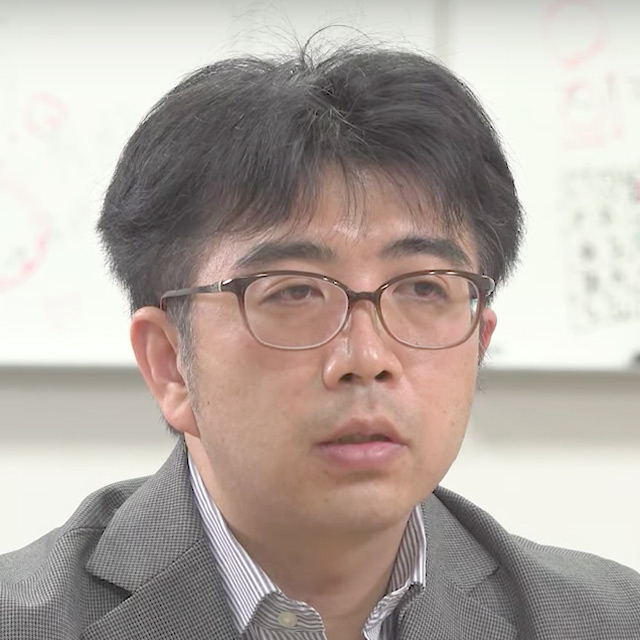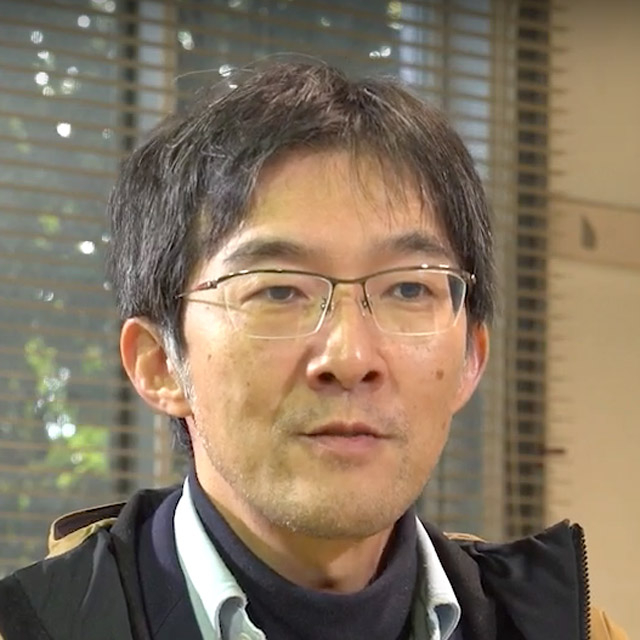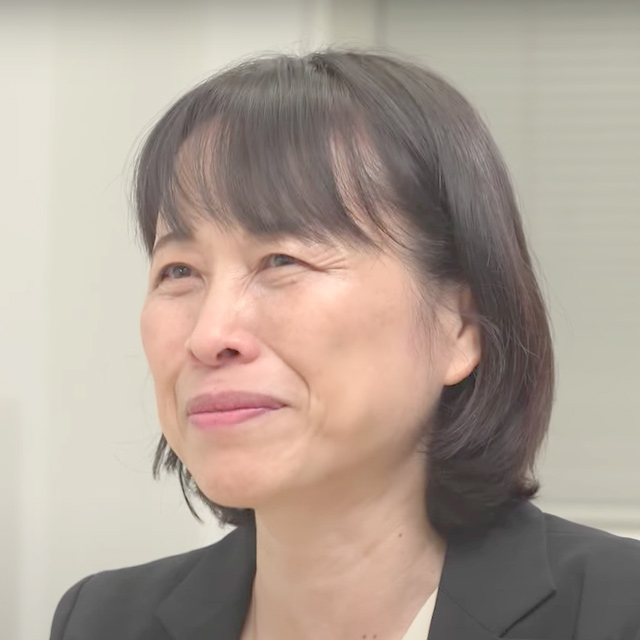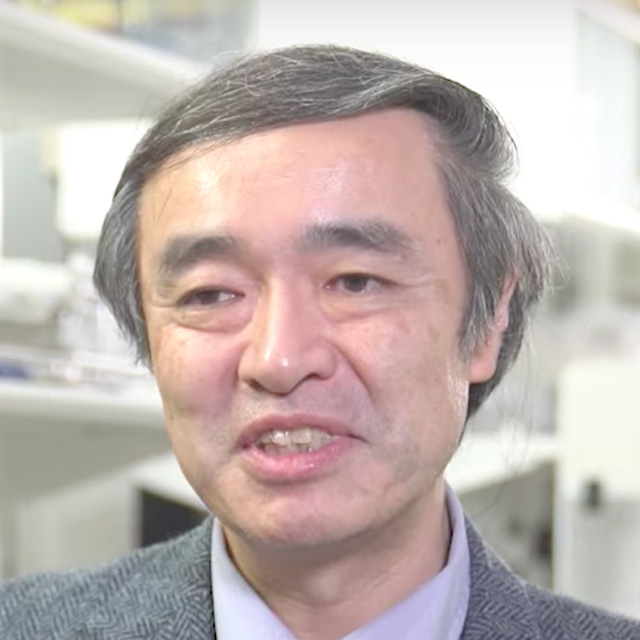Many engaging researchers work at Tokyo Tech. Some are seeking to explain the laws of natural phenomena that have yet to be elucidated in the fields of mathematics, physics, chemistry, earth and planetary sciences, and biology, while others are attempting to create new technologies and apply them to society through engineering technology, the development of new materials, information science, environmental and social studies and so on. Four researchers from these diverse fields of research that pique our curiosity, will share details of their research and their thoughts in a series of short videos.
 Professor Masahiro Takinoue
Professor Masahiro Takinoue
Professor Masahiro Takinoue from the School of Computing is engaged in research and development to create molecular computer (DNA computer) by incorporating information into molecules as DNA base sequences, and to apply it to create artificial cells and molecular robots. The DNA computer is characterized by its ability to process information in the same way as in electronic circuit, by controlling information through the design of DNA base sequences. He is making step-by-step progress in explaining life phenomena by bringing together knowledge from a wide range of research fields, including physics, information science, and life science, aiming to explain as-yet unexplained life processes.
. Any information published on this site will be valid in relation to Science Tokyo.







